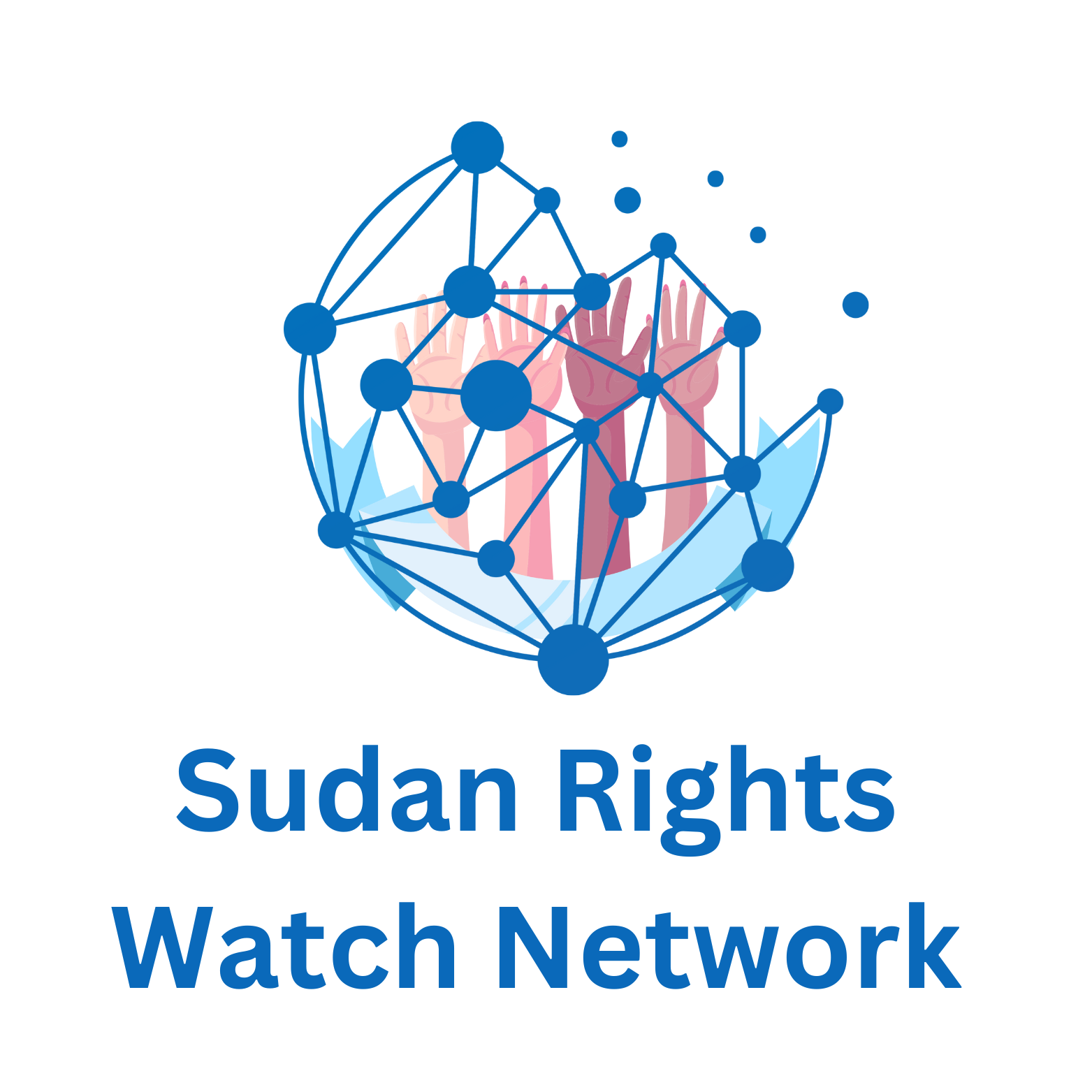On the International Day of the World’s Indigenous Peoples, recognised by the United Nations in 1994, Sudan Rights Watch Network extends a word of appreciation and respect, and stands in reverence for the rich human heritage of Sudan’s indigenous peoples. Over the centuries, these groups have shaped the country’s cultural, linguistic, and cognitive diversity and contributed to building its social fabric and cultural richness.
However, this day comes as Sudan reels under the weight of a devastating war that broke out on April 15, 2023, casting a dark shadow over all components of the population, with indigenous peoples at the heart of its tragic drama. The armed conflict has deepened the historical wounds left by decades of structural marginalization, exclusionary centralized policies, and the systematic exploitation of natural resources and land. This has placed these groups in a position of complex vulnerability, where the effects of historical exclusion intersect with present-day violence, the challenges of technology, and the acquisition of modern knowledge from multiple sources.
Through network monitoring, forced displacement has affected villages, rural areas, cities, and neighborhoods on a massive scale, as occurred in the Arab Darfur State and the city of El Geneina during the war. People were dispossessed of their lands, which represent the core of their cultural, historical, and spiritual identity. Farms were burned, and traditional lifestyles, which contained ancient environmental and anthropological knowledge, were destroyed. Indigenous peoples have thus lost not only their material resources but also their symbolic support, which is the essence of their existence and continuity.
SRWN also emphasizes that the war has produced new dynamics of social fragmentation, as traditional solidarity networks have eroded under the influence of arms and the war economy. Forms of cultural hegemony have emerged that reproduce historical injustices through more lethal means. Systematic violations such as killing, displacement, and the destruction of tangible and intangible heritage threaten to erase entire pages of collective memory, constituting a double crime against present and future generations.
We, at Sudan Rights Watch Network, affirm that protecting indigenous peoples in Sudan is no longer merely a legal obligation under international conventions, but rather a moral and historical duty to save the last vestiges of authentic cultural diversity facing the threat of physical and symbolic annihilation. We demand the following:
- An immediate ceasefire that allows unconditional humanitarian access to affected areas, including indigenous peoples’ territories.
- Ensuring national and international protection of the cultural, linguistic, and cognitive heritage of these peoples, as a universal human heritage.
- Empowering indigenous communities to reclaim their lands and resources and to be involved in decision-making and reconstruction processes.
- Holding all parties accountable for grave violations that amount to war crimes, crimes against humanity, and genocide.
Sudan Rights Watch Network
August 9, 2025
